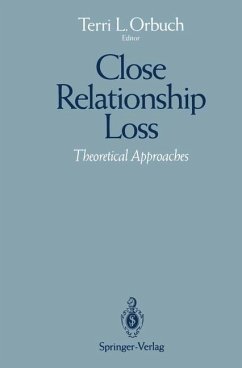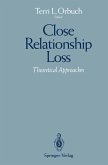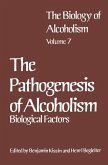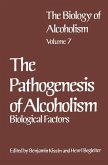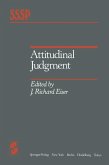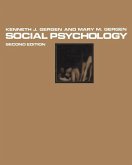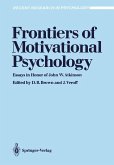Social scientists from various disciplines have been increasingly concerned with the nature, structure, and function of close relationships. Although most of the early work on the topic of close relationships drew attention to the development of close relationships, since the mid-1970s researchers have begun to investigate the many different aspects connected to the loss of close relationships. Despite the change to a more comprehensive conceptual framework, close relationship research is often criticized for being atheoretical; the research is criticized for being purely descriptive in nature and thus lacking a more theoretical framework. Contrary to this belief, I wish to argue that researchers in the area of close relationship loss employ several critical and prominent theoretical perspectives to describe, explain, and understand the endings of relationships-thus, the fruition of this book. The major aim of this edited book is to present and illuminate, within one volume, someof these major theoretical perspectives. The volume as a whole has several unique qualities. First, within each chapter, the authors provide a general overview of the theoretical per spective or approach within which they examine close relationship loss.
Bitte wählen Sie Ihr Anliegen aus.
Rechnungen
Retourenschein anfordern
Bestellstatus
Storno

